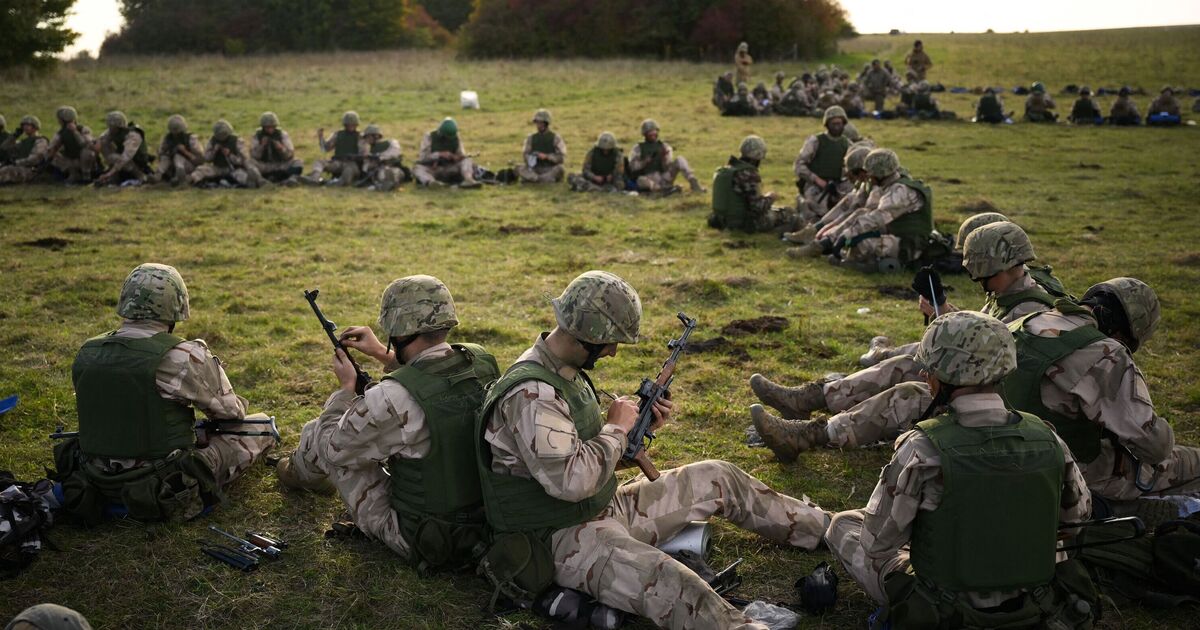The Armed Forces are in the midst of a recruiting crisis due to an inability to process applications quickly and effectively. Last year, the British Army, Royal Navy and RAF received 177,510 applications to join the forces, but were able to only recruit just 10,930 as the three services failed to meet recruitment targets.
The figures illustrate an ability to effectively capitalise on interest in joining the military by processing effectively and in a timely manner. Currently, the average time it takes to start basic training is eight months, with many people forced to wait so long that they opt for a career in an alternative field. Last month, the head of the Armed Forces Admiral Sir Tony Radakin pushed back against the idea that there is no appetite amongst young people to serve as he shifted focus onto recruitment practises that are “behind the times”.
He said: “Young people expect a response and they expect engagement.
“They do not expect to have to fill in the most difficult computer system ever. We take too long to deal with medical issues. We lose too many people.”
Some 83% of the 707,000 people who applied to join the Army over the last decade have withdrawn their application voluntarily.
The military has historically had stringent criteria regarding who can and cannot join, with strict medical standards which critics have argued would stop the English rugby union team from being able to serve.
Issues such as hayfever, eczema and acne have previously prevented people for joining as have historical injuries such as broken bones and even childhood asthma.
One aspiring serviceman said that his hopes of joining the Royal Navy were cut short months into the application process after a historic leg pain saw him deemed medically unfit.
Tom Hughes told the Telegraph how he had wanted to serve since he was a child and had enrolled in the local Sea Cadet Force to prepare himself for military life.
After graduating university, he applied online and waited several months before he finally got a call from the recruitment office to tell him that he had been unsuccessful.
He said: “First, they told me that I’d been declared medically unfit, because I’d seen a physio three years before about a pain in one leg. Not only that, they accused me of dishonesty for not mentioning it on the application form. It was nothing serious, so I didn’t even mention it when I applied for the Navy.”
Tom eventually appealed the decision and was successful but the months it took to win his case, saw him park his dreams of a military career.
The recently published strategic defence review (SDR) highlighted recruitment as a key means of boosting the ranks which are at record lows.
From 2027, outsourcing giant Serco will take responsibility for recruitment for all three services after winning a £1.5 billion contract from the Ministry of Defence (MOD).
Anthony Kirby, Serco’s UK & Europe Chief Executive, says his company will consider a “blended approach” that will include service personnel in the recruitment process.
He said: “The new recruitment service, including management of all armed forces Career Offices across the UK, will operate with a blended workforce that incorporates military service personnel.
“It is underpinned by best-in-class integrated technology, designed to improve the overall candidate experience at the same time as modernising and speeding up the recruitment process.”


